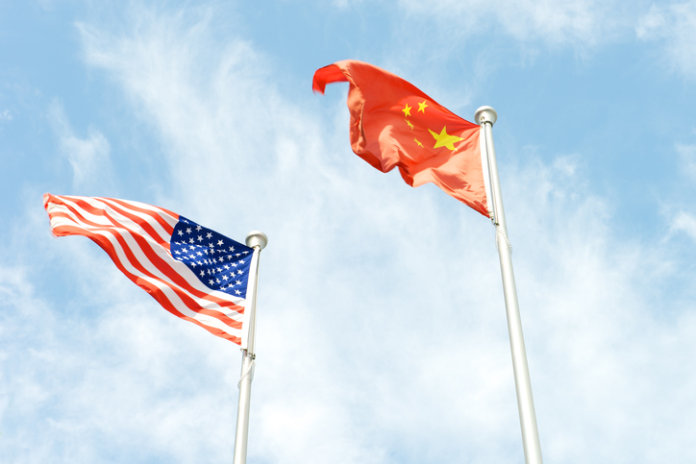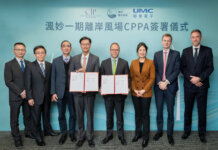On Wednesday, Sinovel, a China-based manufacturer and exporter of wind turbines, was convicted of stealing trade secrets from AMSC, a U.S.-based company formerly known as American Superconductor Inc., the U.S. Department of Justice (DOJ) has announced.
Following an 11-day trial, a jury sitting in Madison, Wis., convicted Sinovel Wind Group Co. Ltd., dba Sinovel Wind Group (USA) Co. Ltd., of conspiracy to commit trade secret theft, theft of trade secrets and wire fraud, according to the DOJ. A sentencing is set for June 4.
As proven at trial, the justice department says, Sinovel stole proprietary wind turbine technology – software that regulates the flow of electricity from turbines to electrical grids – from AMSC in order to produce its own turbines. At the time of the theft in March 2011, Sinovel had contracted with AMSC for more than $800 million in products and services to be used for the wind turbines that Sinovel manufactured, sold and serviced.
Sinovel was charged on June 27, 2013, along with Su Liying, the deputy director of Sinovel’s research and development department; Zhao Haichun, a technology manager for Sinovel; and Dejan Karabasevic, a former employee of AMSC Windtec Gmbh, a wholly owned subsidiary of AMSC.
According to the DOJ, the evidence presented at trial showed that Sinovel conspired with the other defendants to obtain AMSC’s copyrighted information and trade secrets in order to produce wind turbines and to retrofit existing wind turbines with AMSC technology without paying AMSC the more than $800 million it was owed and promised.
Through Su and Zhao, Sinovel convinced Karabasevic, who was head of AMSC Windtec’s automation engineering department in Klagenfurt, Austria, to leave AMSC Windtec, to join Sinovel, and to steal intellectual property from the AMSC computer system by secretly downloading source code on March 7, 2011, from an AMSC computer in Wisconsin to a computer in Klagenfurt, the DOJ says. Sinovel then commissioned several wind turbines in Massachusetts and copied into the turbines software compiled from the source code stolen from AMSC, says the DOJ.
According to evidence presented at trial, following the theft, AMSC suffered severe financial hardship: It lost more than $1 billion in shareholder equity and almost 700 jobs, representing over half its global workforce, says the DOJ.
A report from Bloomberg points out that this case could increase “already tense trade negotiations” between China and the U.S., especially on the heels of President Donald Trump’s decision on Monday to impose new tariffs on imported solar cells and modules. Specifically, Trump OK’d the upcoming implementation of global tariffs on imported crystalline silicon photovoltaic cells and modules starting at 30%, with an annual exemption for the first 2.5 GW of imported CSPV cells.
The report also notes that AMSC’s shares sky-rocketed up to 24% on Wednesday. Separately, AMSC also announced a new order from South Korean wind turbine manufacturer Doosan Heavy Industries & Construction Co. Ltd. The order calls for 5.5 MW electrical control systems for Doosan’s offshore wind turbines.
Wednesday’s decision was announced by Acting Assistant Attorney General John P. Cronan of the DOJ’s criminal division and U.S. Attorney Scott C. Blader for the Western District of Wisconsin.
“Sinovel nearly destroyed an American company by stealing its intellectual property,” says Cronan. “As [this] jury verdict demonstrates, this type of conduct, by any corporation – anywhere – is a crime and won’t be tolerated. The department is dedicated to helping foster innovation and growth in our economy by deterring and punishing intellectual property theft from American companies.”
Blader adds, “Sinovel’s illegal actions caused devastating harm to AMSC. I commend the efforts of the investigation and prosecution team and reaffirm the commitment of this office to protect American commerce and prosecute those who would seek to steal intellectual property.”




